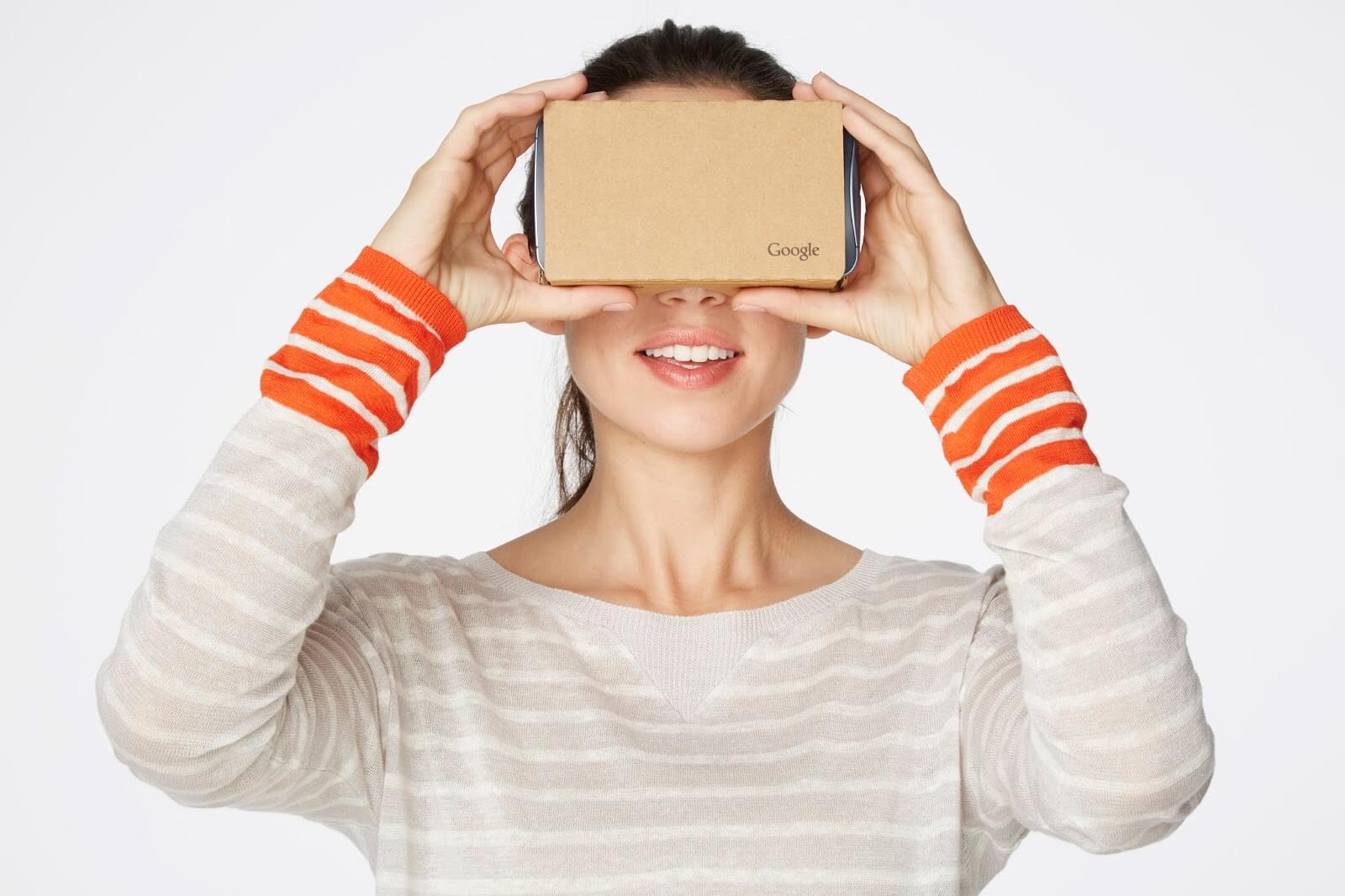Bottom line: With interest declining and support from manufacturers dwindling, I’m not so sure how appealing it will be for developers to continue to invest time and resources into mobile VR. Then again, maybe someone can come up with a viable, long-term use case that reinvigorates consumer interest.

There was a ton of excitement around virtual reality – and more specifically, phone-based VR – in the early 2010s.
The Oculus Rift jumpstarted the modern VR craze but steep prices and the fact that a high-end computer was a necessary component limited adoption. When companies like Google demonstrated that VR could be done with mobile phones, folks took notice. Inexpensive viewers flooded the market and the initial reaction was positive – Google moved more than 15 million units worldwide – but once the novelty of it wore off, interest waned and manufacturers have reacted accordingly.
Samsung no longer supports the Gear VR with its latest smartphones. Google last month said it was shutting down its Daydream VR platform and now, the company is open-sourcing Google Cardboard.
Jeffrey Chen, product manager for AR & VR at Google, said they’ve seen usage of Cardboard decline over time but want to ensure that its “no-frills, accessible-to-everyone approach to VR remains available.”
As such, Google is releasing the Cardboard open source project so the developer community can still build Cardboard experiences and add support to their apps. The search giant said it will continue to contribute to the project by releasing new features, like an SDK package for Unity.
https://www.techspot.com/news/82677-google-open-sourcing-cardboard-after-killing-daydream-vr.html